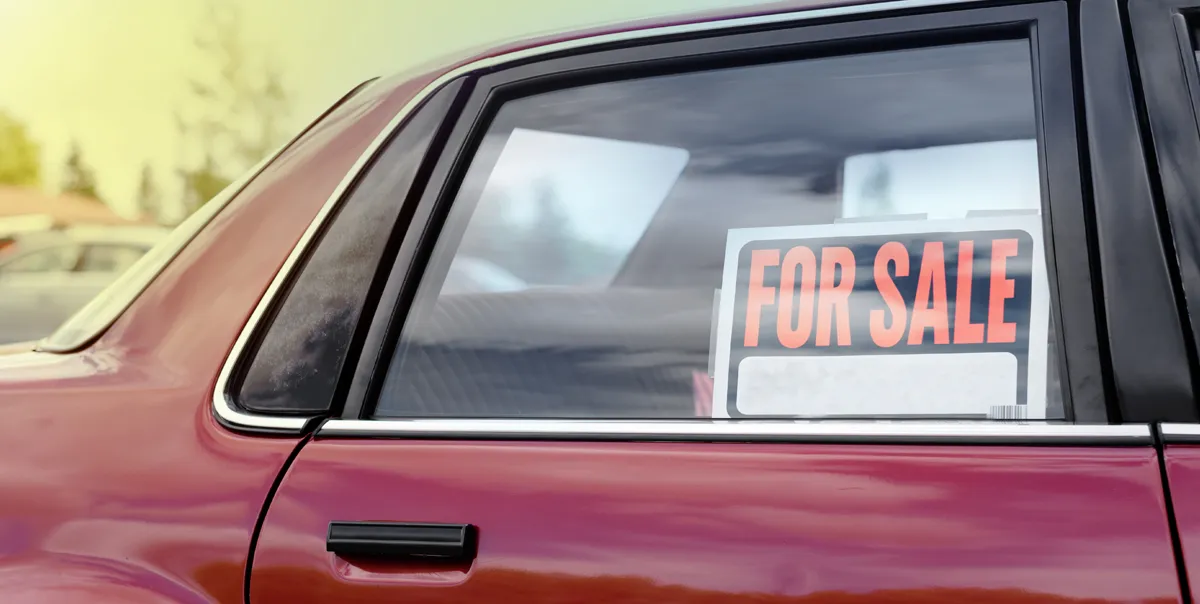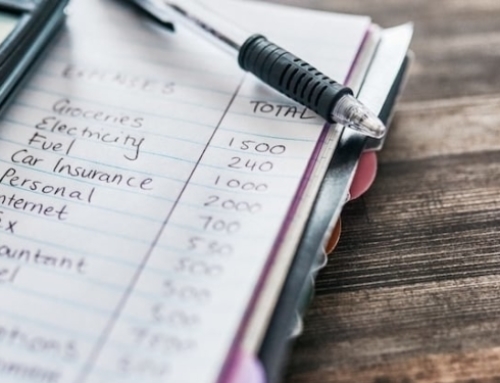Insights into Buying a Used Car

Owning a car can significantly enhance your mobility and open new opportunities. Reliable transportation is essential in your reentry journey, so that you are able to get to work, school, appointments, and more. Depending on where you live, you may be able to rely on public transportation. However, if you need to buy a vehicle, there are a few things to carefully consider before making this large purchase. Unfortunately, since COVID-19, inventory is lower, causing used car prices to be higher than typical. In this blog post, we’ll explore practical ways to find a reliable car without breaking the bank.
Set a Realistic Budget
How much you can comfortably spend on a car without compromising other financial obligations? Remember to include ongoing costs like insurance, fuel, maintenance, and registration fees as you figure out your budget.
Research the Used Car Market
The first step in purchasing a used car or vehicle it is to research different brands and models that meet your needs. Here are a few questions to ask yourself:
- What type of car/vehicle do I need? Consider both personal and work needs.
- Do I live in a climate that requires special features?
- How often do I plan to drive? How long is my commute to work, school, or probation?
Next, look for reliable brands and models known for longevity and low maintenance costs, with:
- Proven reliability: Research online reviews and reliability ratings for specific makes and models. Some of the best used car brands to buy include Ford, Honda, and Toyota because of their reputation for reliability.
- Low maintenance costs: Some cars/vehicles are notorious for expensive repairs, so opt for models with affordable parts and straightforward maintenance.
Fuel efficiency: A fuel-efficient car saves money in the long run.
Where to buy a used car
There are several options when it comes to where to buy a used car.
- Private Sellers: Check the local classifieds or websites, such as Craigslist, Auto Trader, and Facebook Marketplace for private sellers. Prices are often less, but you lose out on financing options. Inspect the car thoroughly and consider hiring a mechanic for a pre-purchase inspection.
- Dealerships: Visit reputable dealerships, negotiate the price, and don’t hesitate to walk away if it doesn’t fit your budget. Here, you may find Certified Pre-Owned (CPO) cars that have already passed inspection. Dealerships tend to have higher prices, but they typically have financing options, and the cars might include a warranty or service perks, providing you with more peace of mind.
- Auctions: Attend local car auctions. You might find hidden gems at reasonable prices.
- Online: This option is super convenient; however, prices are typically non-negotiable, and you are not able to test drive or inspect the car for yourself. Through CarMax, you can browse used car options and then buy online or in the store. Carvana is an online-only used-car site.
Inspect the Vehicle
When looking at used cars, especially ones that are not CPO, it is crucial to know what you are buying. There are many things that may impact the longevity and reliability of the vehicle, and inspecting the vehicle can save you money on repairs and maintenance.
- Look at the vehicle’s history: Run a vehicle history report using the car’s VIN (Vehicle Identification Number). It reveals information, including accidents, title issues, and odometer readings. Start with a free search that lets you know how many records have been reported. You can ask the seller for the CarFax report, which includes a detailed history of the car. If the seller does not have a report, you can purchase a full vehicle history report for between $25-$40. Look for phrases like “insurance loss,” “salvage,” or “rebuilt” in the report that could indicate potential issues. Verify that the title on the car is clear, and that the seller legally owns the car.
- Check the mileage: A vehicle with high mileage may break down sooner. However, just because a car has low mileage does not mean that it is a reliable car. You also need to take the car’s age and maintenance history into consideration.
- Do a visual inspection: Take the time to check the vehicle for dents and cracks, make sure all the doors and locks work properly, and look under the hood for leaks and even under the vehicle for rust. Consider having a mechanic check the car before you buy it. Taking these extra precautions could save you a lot of time, money, and stress later.
- Test drive the vehicle: This will help ensure that the vehicle runs smoothly. Drive with the radio off and listen for any squeaks and rattles that may indicate something needs to be repaired.
Read this article to learn more about what questions to ask during an inspection and what questions to ask the seller.
Get a Fair Price
Regardless of where you buy the vehicle, it’s beneficial to know the market value before you make an offer. Use sites like Kelly Blue Book to check the car’s value so you have confidence that you are paying a fair price. Though the car market has evolved, there may be room for negotiation, especially if you are prepared. Women sometimes have a harder time getting a fair deal when it comes to purchasing a new or used car, so having a male family member, friend, or mechanic go with you may help a lot.
Take Your Time
A car is a big purchase, so try not to rush the process and take the time to find something that suits your needs and budget. In the meantime, seek alternative modes of transportation such as carpooling and public transportation. In some areas, local libraries provide discounted or free bus passes. Walk or bike whenever possible and ask friends or family for assistance.


